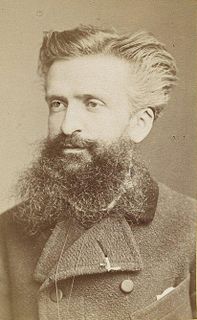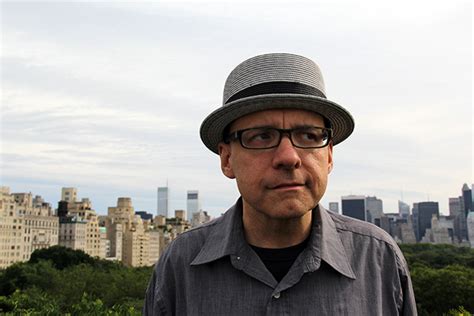A Quote by Matsuo Basho
Operating superficially, the mind is random in its activity and stale in its insights and images. However, with practice and experience the mind is freed from the skull, and the fresh and new can appear as though for the first time. It
Related Quotes
You can indeed be aware of your body, but you can also be aware of your mind - you can right now notice all the thoughts and ideas and images floating in front of the mind's inward eye. You can, in other words, experience your mind, be aware of your mind. And it's very important to experience your mind directly, cleanly, intensely, because only by bringing awareness to the mind can you begin to transcend the mind and be free of its limitations.
Actual knowledge is identical with its object: in the individual, potential knowledge is in time prior to actual knowledge, but in the universe as a whole it is not prior even in time. Mind is not at one time knowing and at another not. When mind is set free from its present conditions it appears as just what it is and nothing more: this alone is immortal and eternal (we do not, however, remember its former activity because, while mind in this sense is impassible, mind as passive is destructible), and without it nothing thinks.
It is my mind, with its store of images, that gives the world color and sound; and that supremely real and rational certainty which I can "experience" is, in its most simple form, an exceedingly complicated structure of mental images. Thus there is, in a certain sense, nothing that is directly experienced except the mind itself. Everything is mediated through the mind, translated, filtered, allegorized, twisted, even falsified by it. We are . . . enveloped in a cloud of changing and endlessly shifting images.
It is my mind, with its store of images, that gives the world colour and sound; and that supremely real and rational certainty which I call "experience" is, in its most simple form, an exceedingly complicated structure of mental images. Thus there is, in a certain sense, nothing that is directly experienced except the mind itself. Everything is mediated through the mind.
Mind dissolves only when you don't choose. And when there is no mind, you are for the first time in your crystal clarity, for the first time in your original freshness. For the first time your real face is encountered. Mind is not there - the divider. Now existence appears as one. Mind has dropped; the barrier between you and existence is no more. Now you can look at existence with no mind. This is how a sage is born. With the mind - the world. With no mind - freedom, MOKSHA, KAIVALYA, NIRVANA. Cessation of the mind is cessation of the world.
A crowd thinks in images, and the image itself calls up a series of other images, having no logical connection with the first...A crowd scarcely distinguishes between the subjective and the objective. It accepts as real the images invoked in its mind, though they most often have only a very distant relation with the observed facts....Crowds being only capable of thinking in images are only to be impressed by images.
So the most difficult thing is always to keep your beginner's mind. There is no need to have a deep understanding of Zen. Even though you read much Zen literature, you must read each sentence with a fresh mind. You should not say, "I know what Zen is," or "I have attained enlightenment." This is also the real secret of the arts: always be a beginner. Be very very careful about this point. If you start to practice zazen, you will begin to appreciate your beginner's mind. It is the secret of Zen practice.
The practice of Zen mind is beginner's mind. The innocence of the first inquiry—what am I?—is needed throughout Zen practice. The mind of the beginner is empty, free of the habits of the expert, ready to accept, to doubt, and open to all the possibilities. It is the kind of mind which can see things as they are, which step by step and in a flash can realize the original nature of everything.
Eliminate mental muddiness and obscurity; keep your mind crystal clear. Allow your pure original insight to emerge. Quiet your emotions and abide in serenity. Don't go crazy with the worship of idols, images, and ideas; this is like putting a new head on top of the head you already have. Remember: if you can cease all restless activity, your integral nature will appear.
Do not allow past experiences to be imprinted on your mind. Perform asanas each time with a fresh mind and with a fresh approach. If you are repeating what you did before, you are living in the memory, so you are living in the past. That means you don't want to proceed beyond the experience of the past. Retaining that memory is saying, 'Yesterday I did it like that.' When I ask, 'Is there anything new from what I did yesterday?' then there is progress. Am I going forward or am I going backward? Then you understand how to create dynamism in a static asana.




































